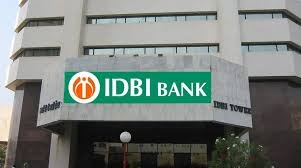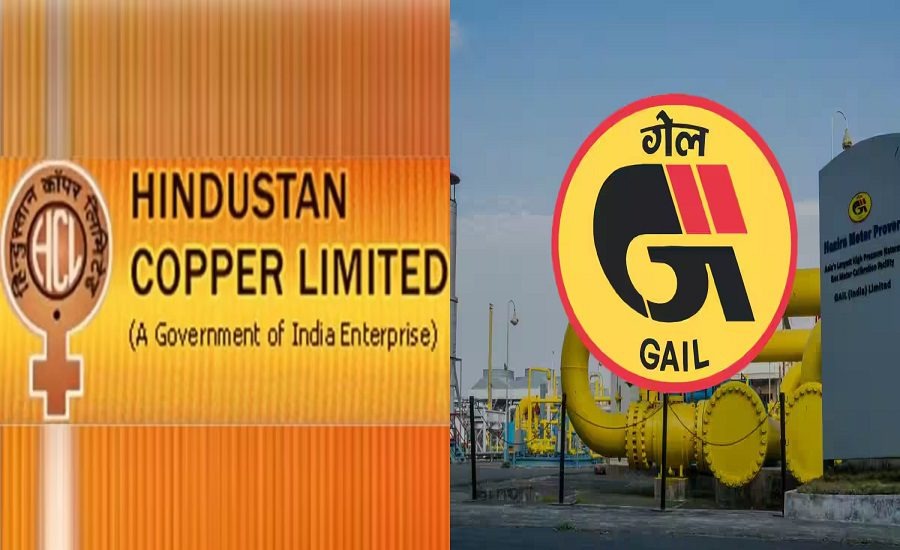
Follow WOWNEWS 24x7 on:

In a bold move that could disrupt banking operations nationwide, employees and officers of IDBI Bank have announced a full-day strike on August 11, 2025. The protest, spearheaded by the United Forum of IDBI Bank Officers and Employees under the banners of AIBEA and AIBOA, is aimed squarely at opposing the proposed privatisation of the bank. The strike reflects growing unrest over the government’s and LIC’s plan to divest their majority stakes in favour of private—and reportedly foreign—investors.
Key Developments Leading to the Strike
- Strike date: August 11, 2025
- Organised by: United Forum of IDBI Bank Officers and Employees, AIBEA, AIBOA
- Reason: Opposition to proposed privatisation and foreign ownership
- Government stake to be reduced from 45.48% to 15.24%
- LIC stake to be reduced from 30.48% to 18.76%
- Private investor to hold 66% post-divestment
The strike is expected to impact banking services across IDBI branches nationwide, with unions calling for solidarity from other public sector bank employees.
Why Are Employees Protesting?
The core of the protest lies in the fear that privatisation will:
- Undermine job security and service conditions for thousands of employees
- Shift the bank’s focus from public welfare to profit-driven motives
- Lead to foreign control over a national financial institution
- Erode the developmental legacy of IDBI Bank, originally built with public funds
- Set a precedent for further dismantling of public sector banks
Union leaders argue that the move is not just privatisation—it’s foreignisation. Reports suggest potential bidders include investors from Canada and Dubai, raising concerns about national financial sovereignty.
Historical Context and Strategic Implications
IDBI Bank was established as a development finance institution and later converted into a full-service commercial bank. Over the years, it has played a pivotal role in funding infrastructure, industry, and MSMEs.
The current privatisation plan is seen as a departure from its original mandate.
- Previous examples cited by unions include DBS Bank’s acquisition of Lakshmi Vilas Bank and Fairfax’s stake in CSB Bank
- Critics argue that such moves prioritize corporate interests over public service
- The strike is part of a broader resistance against the erosion of public sector institutions
The protest is not isolated—it’s a flashpoint in the ongoing debate over the future of India’s public banking system.
Support and Solidarity Across the Banking Sector
The Bank Employees Federation of India (BEFI) has issued a solidarity circular supporting the strike:
- Calls the move an assault on public sector banking
- Urges all affiliates to participate in awareness campaigns and demonstrations
- Frames the protest as a defence of financial democracy and worker rights
The strike is expected to draw support from other unions and civil society groups concerned about the implications of foreign ownership in strategic sectors.
Impact on Customers and Banking Operations
While IDBI Bank has not officially commented on contingency plans, customers may face:
- Disruption in branch-level services including cash transactions and account servicing
- Delays in loan processing and documentation
- Reduced availability of customer support on the strike day
Digital banking services may remain operational, but the overall impact will depend on the scale of participation and regional mobilisation.
Conclusion
The August 11 strike by IDBI Bank employees is more than a labour protest—it’s a statement against the shifting priorities in India’s financial governance. As the government and LIC move to divest their stakes, employees are drawing a line to protect the bank’s public character and developmental mission. Whether this action leads to policy reconsideration or escalates into a larger movement remains to be seen.
Source: UNI India




